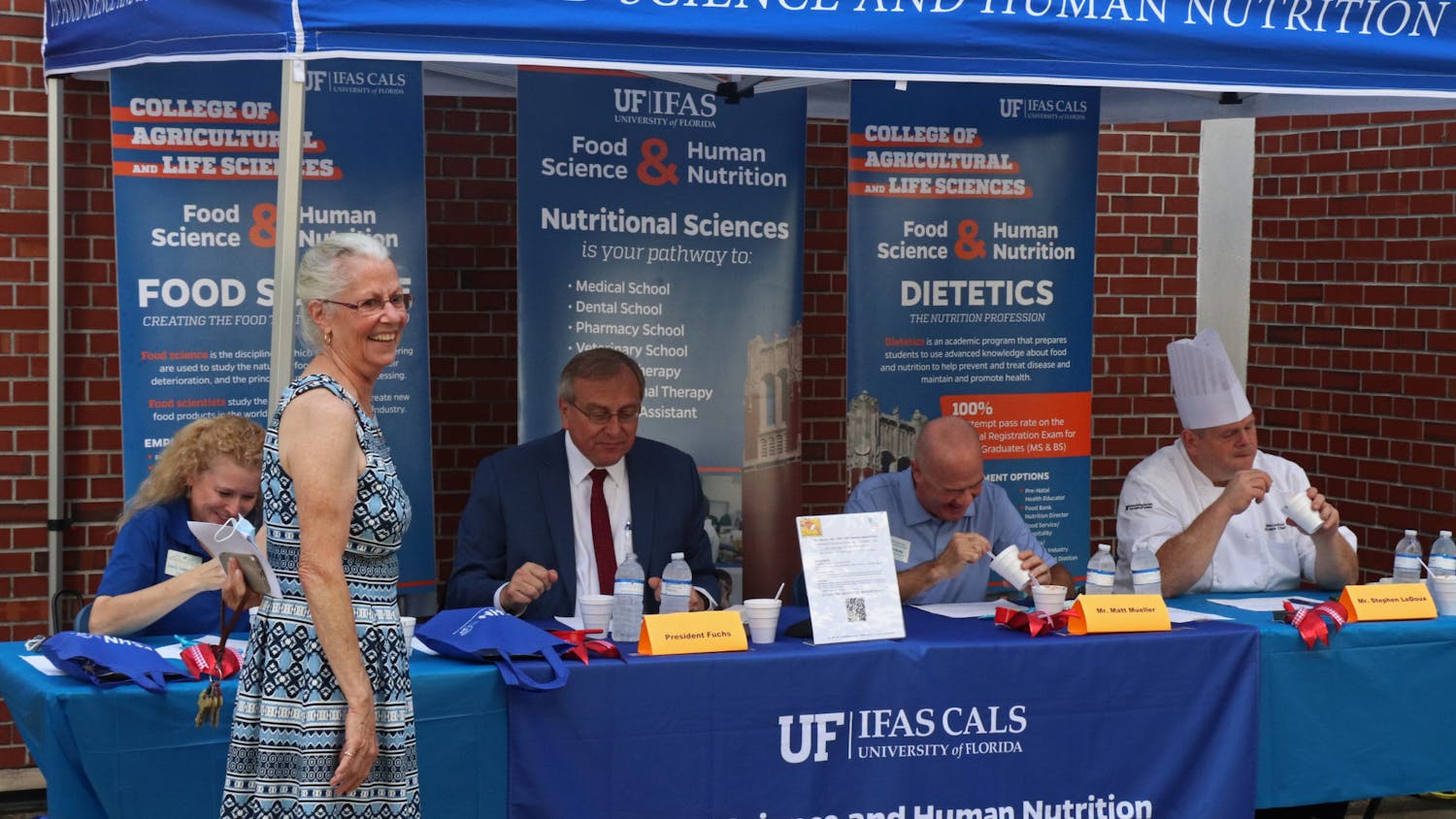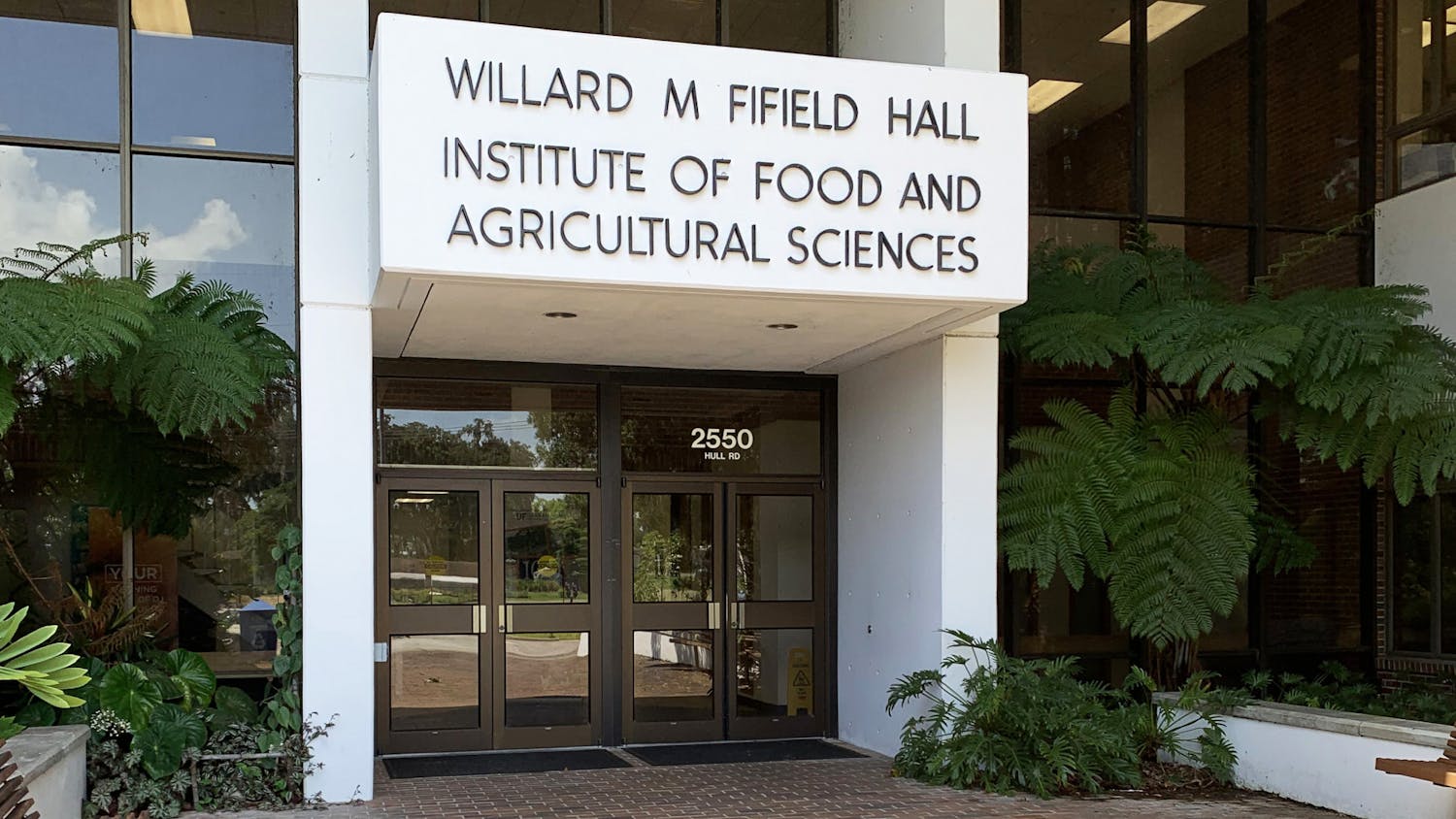A tomato-killing fungus might be eradicated thanks to the work of four UF researchers.
The fungus, Fusarium Wilt, grows on tomatoes and has caused damage to the crop all over the world, said Jessica Chitwood, a UF horticultural sciences doctoral student and one of the project’s researchers.
In order to find a solution, the U.S. Department of Agriculture’s National Institute of Food and Agriculture gave researchers at UF’s Institute of Food and Agricultural Sciences a grant of $490,000 in August for the next four years.
This fungus has drastically affected the tomato crop in Florida, causing the yield to decrease and the industry to struggle, said Samuel Hutton, another researcher on the project.
Floridian farmers and customers will start seeing less diseased plants within the next three years, Hutton said.
“I am confident that after this research, tomato producers will see a huge difference in their crops,” he said.
Three races of the fungus have existed in Florida since the early 1900s, when tomato farming first became common, she said.
The team is studying whether the issues lie within the tomato’s genes or attached chromosomes, Chitwood said.
Even as scientists tried to treat earlier strains of the fungus, it became resistant and continued to spread, she said. The latest fungus emerged in the 1980s.
“This grant could not have come at a better time,” Hutton said. “The tomato industry is struggling.”





